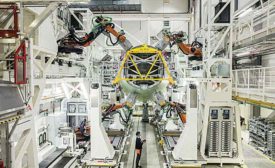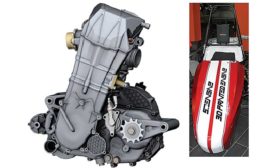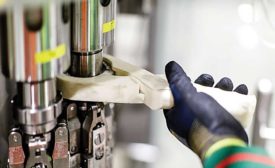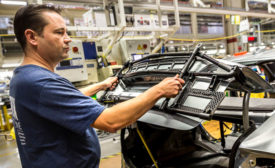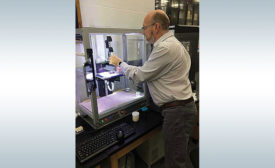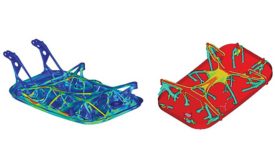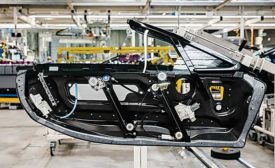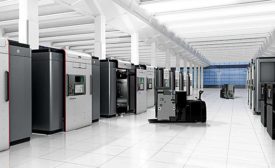Home » additive manufacturing
Articles Tagged with ''additive manufacturing''
Additive Manufacturing: The Quest for Automation
Robots and other tools are key to mass-producing printed parts
July 9, 2019
Never miss the latest news and trends driving the manufacturing industry
Stay in the know on the latest assembly trends.
JOIN TODAY!Copyright ©2024. All Rights Reserved BNP Media.
Design, CMS, Hosting & Web Development :: ePublishing
